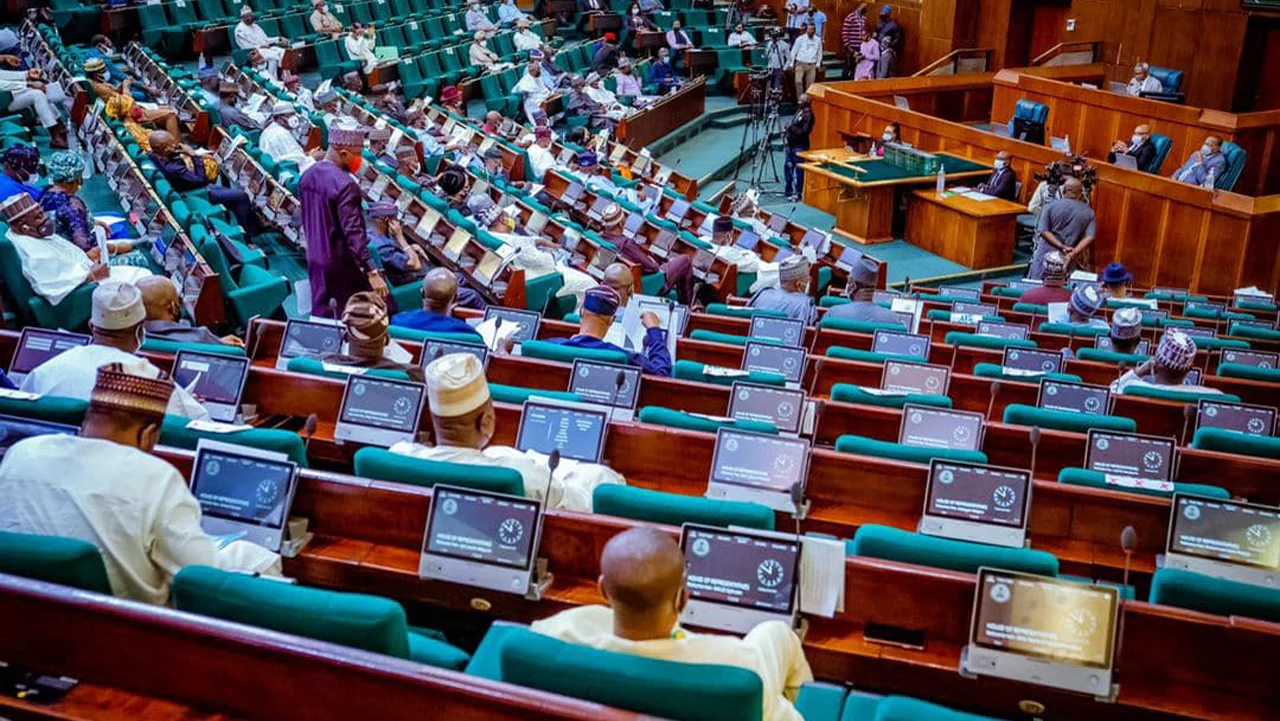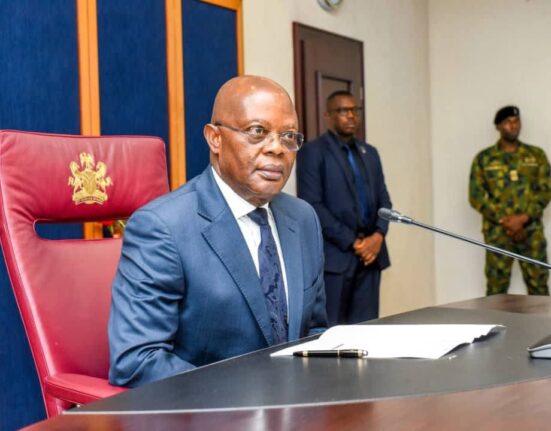In a decisive move, the House of Representatives on Wednesday resolved to step down all bills transmitted from the Senate for concurrence, citing persistent disregard by the Red Chamber for over 140 House-originated bills awaiting Senate action. The decision was made amid heated debates over the undue delays hindering legislative progress.
The resolution followed the adoption of a motion by Minority Leader Kingsley Chinda, who expressed frustration over the Senate’s reluctance to consider bills passed by the House. Chinda, representing Obio/Akpor Federal Constituency, Rivers State, said, “We don’t get the same treatment at the Senate. I reluctantly support the motion for second reading because of the uncooperative disposition of the Senate towards our bills.”
Lawmakers highlighted that numerous bills, including those sponsored by Senate Leader Bamidele Opeyemi, have been stalled for months, some dating back to 2024. During the plenary, the House Leader, Julius Ihonvbere, moved to step down a bill seeking to establish the Federal University of Medicine and Medical Sciences, Egbe, Kogi State, which was slated for consideration.
Trouble began when Chinda questioned the Senate’s neglect, stating, “We should reciprocate their reluctance if we don’t get proper reasons for their inaction. It’s a matter of mutual respect and legislative cooperation.”
Other members, including Rivers lawmaker Awaji-Iniombek Abiante and Borno’s Ahmed Jaha, expressed disappointment over the Senate’s consistent delay and suggested that the House’s Rules and Business Committee should coordinate with their Senate counterparts to resolve the issue, possibly through a formal agreement or “tit-for-tat” approach.
House Speaker Tajudeen Abbas acknowledged the problem, revealing that 146 bills are pending with the Senate, some for over six months, with no clear resolution in sight. Abbas appealed for calm but emphasized the importance of receiving assurances from the Senate before proceeding with further bills.
Chairman of the House Committee on National Security and Intelligence, Ahmed Satome, proposed that all pending bills be temporarily stepped down until proper resolutions are reached, suggesting the enactment of specific timeframes for Senate concurrence.
However, in a turn of events, Chinda rescinded his earlier position, asking for the opportunity to review his stance and proposing a meeting with Senate leadership to address the ongoing deadlock.
The development underscores growing frustrations within the House over legislative cooperation, prompting calls for a more reciprocal and transparent process to ensure effective governance.









Leave feedback about this